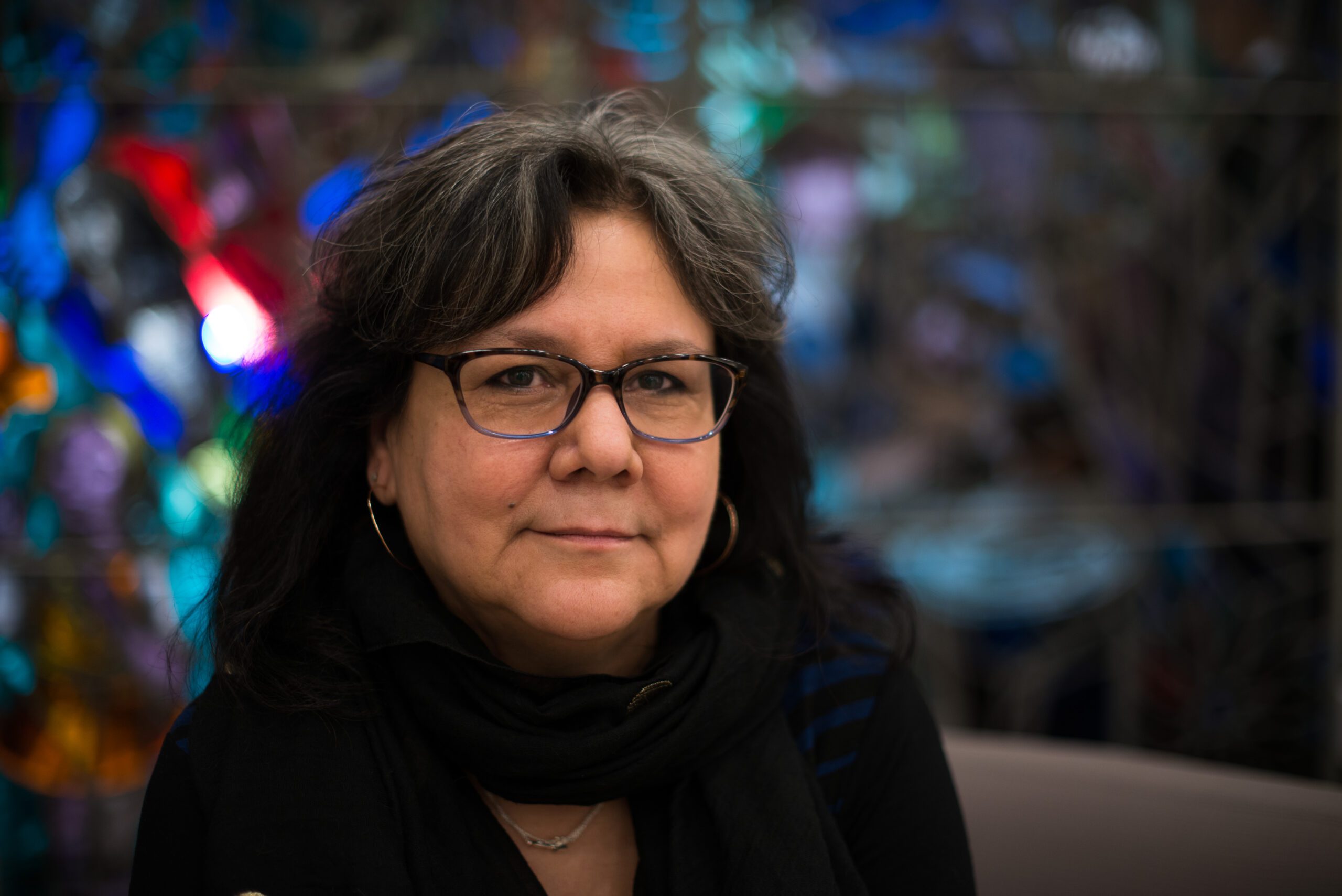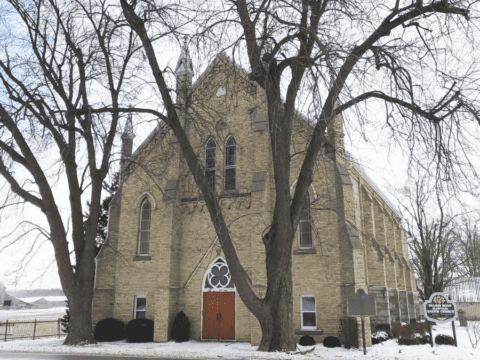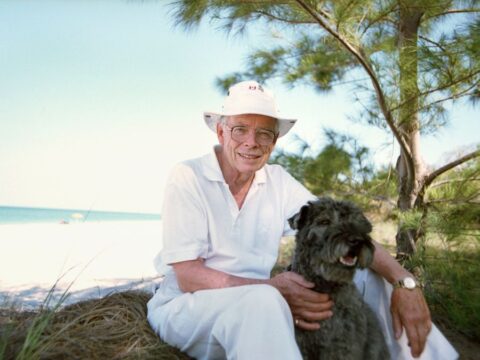Saskatchewan, known largely for wheat and canola, also produces a lot of oil. That oil, and the highly profitable land it sits under, has been a point of contention for Indigenous people. “Many of us know the tragedies and land devastation [that] oil extraction and oil spills cause to the natural lands and our waters,” says Chasity Delorme, a community advocate from Cowessess First Nation in the southeast part of the province. Delorme believes that as long as profits are being made from oil-rich properties, they should at least be used to contribute to a healthier society.
In 2013, the Saskatchewan Conference of The United Church of Canada received a proposal that encouraged it to call on the provincial government to explore resource sharing with Indigenous people. The call garnered unanimous consensus from the Conference, and in May 2014, it was adopted.
You may unsubscribe from any of our newsletters at any time.
The proposal also prompted reflection, says Rev. Bill Doyle, Saskatchewan Conference’s executive secretary. As beneficiaries of an oil-rich property bequeathed by the late Ethel Moats, the Conference has received royalties and rental income from the Moats Land Fund since May 2012. It became clear that the Conference also had a responsibility to share its financial privilege and resources.
Thus began a two-year process of discussions with Indigenous counterparts within the church’s All Native Circle Conference (ANCC) and All My Relations Network before the idea was brought to a meeting in May 2015.
“Treaties were covenants to allow both First Nations and settler communities to dwell together in peace and harmony and live off the fruits of the land,” the proposal stated. “However, First Nations people have suffered and continue to suffer negative social and economic consequences because of colonial oppression and have consistently asked for a share of the bountiful wealth which is derived from the resources of the land.”
The proposal, to give one half of the capital and income from the Moats Land Fund to the ANCC, was adopted with unanimous support from the Conference.
Previously, the entire Moats Land Fund was reserved for green energy projects. “We lobbied for environmental issues,” Doyle explains, “but [we were] being duplicitous when we receive the money from oil.” Through the agreement with the ANCC, Saskatchewan United churches still have the opportunity to receive funding — up to $20,000 — to put towards renovations in a way that promotes green and renewable energy.
Cheryl Jourdain, speaker for the ANCC, told Saskatchewan Conference that there was a lack of funding for various needs, especially for the Sandy-Saulteaux Spiritual Centre, which trains ministry personnel to serve within Indigenous communities. She also emphasized the need for reconciliation between Indigenous people and settlers in this country, including addressing injustices.
Doyle recalls that Jourdain’s most important point “was that it was probably best to give the funds and allow the ANCC to spend the money how they see fit. They should have control over their own resources.” As of January, Saskatchewan Conference has issued just over $200,000 to the All Native Circle Conference through payments from the Moats Land Fund.
While a long-term goal was to set an example for the provincial government, Doyle hopes that people across society will follow their lead as well.
This story first appeared in The Observer’s April 2018 edition with the title “Sharing the wealth.”













